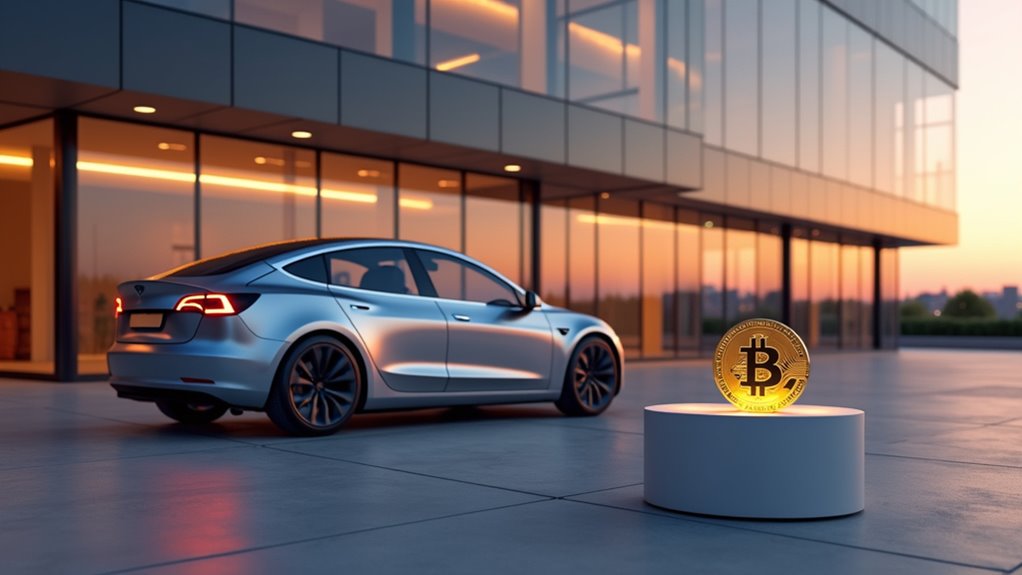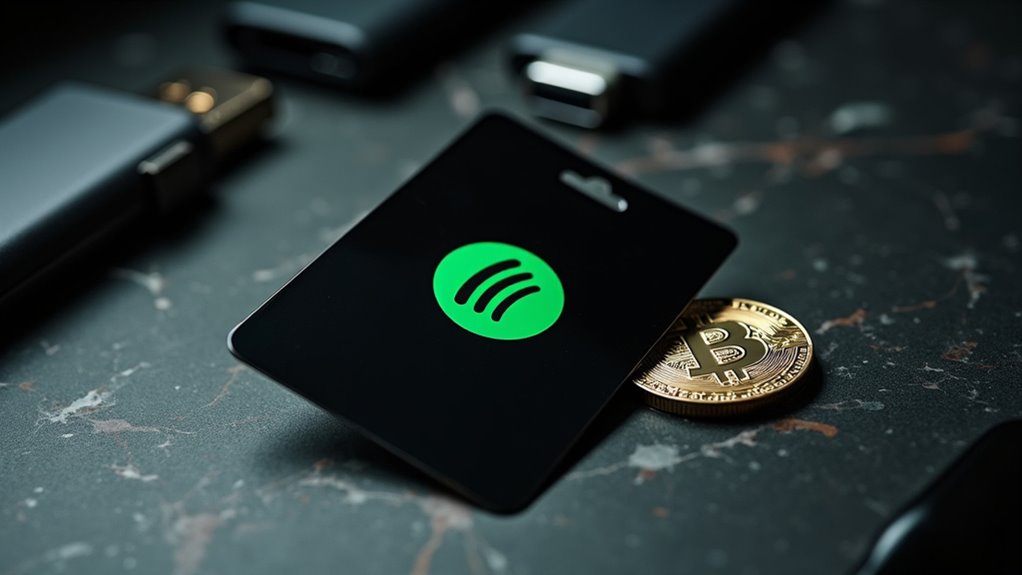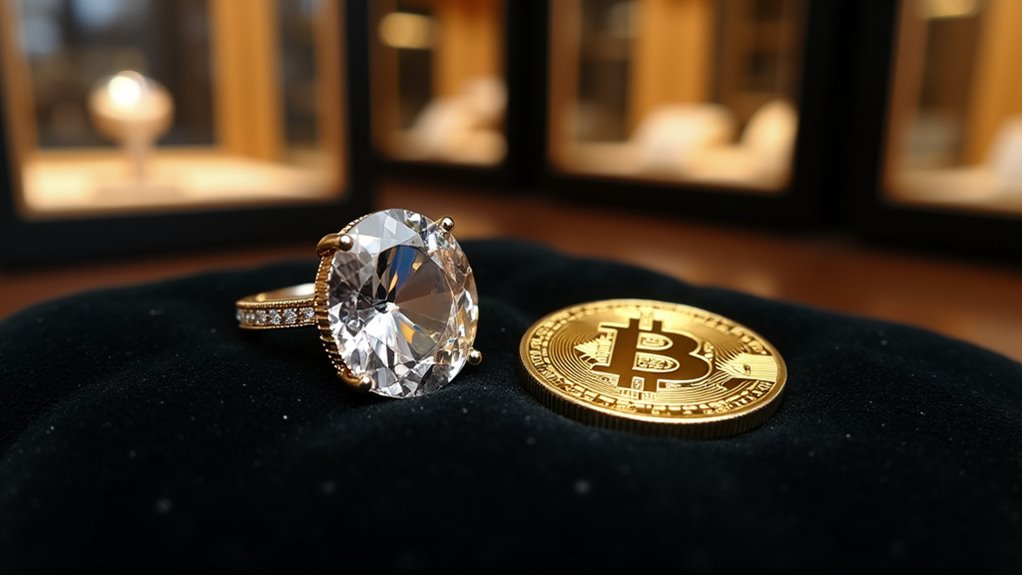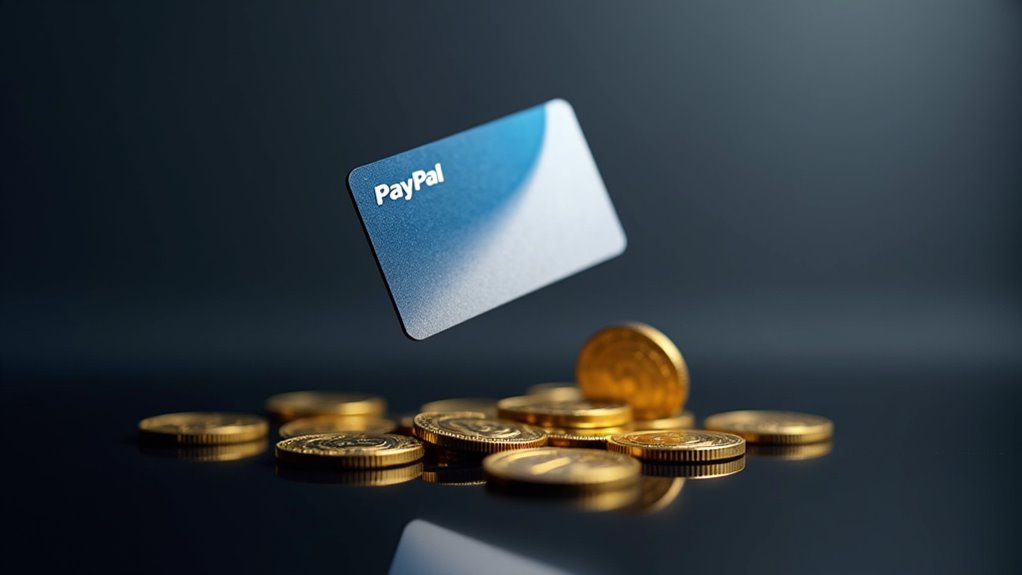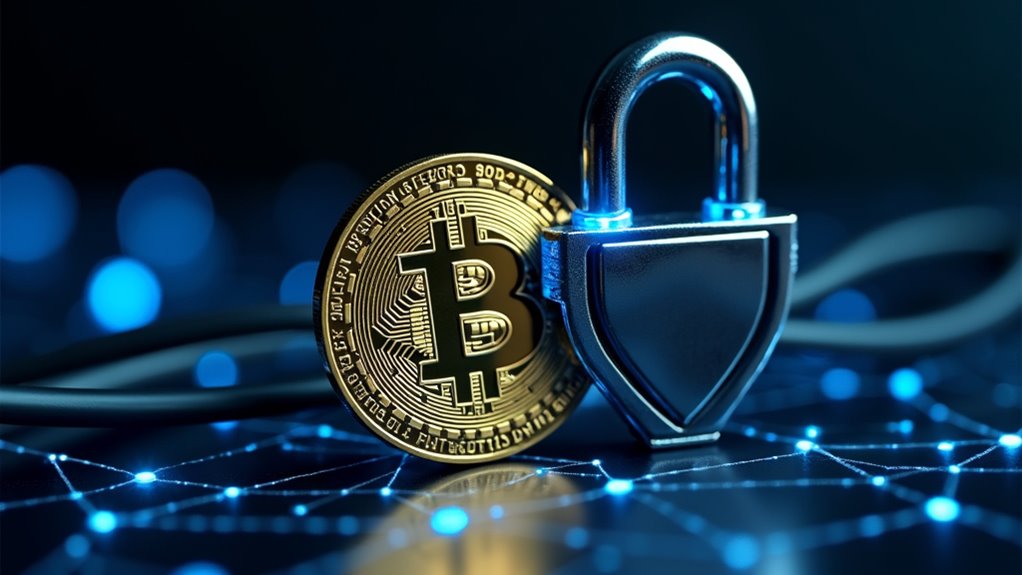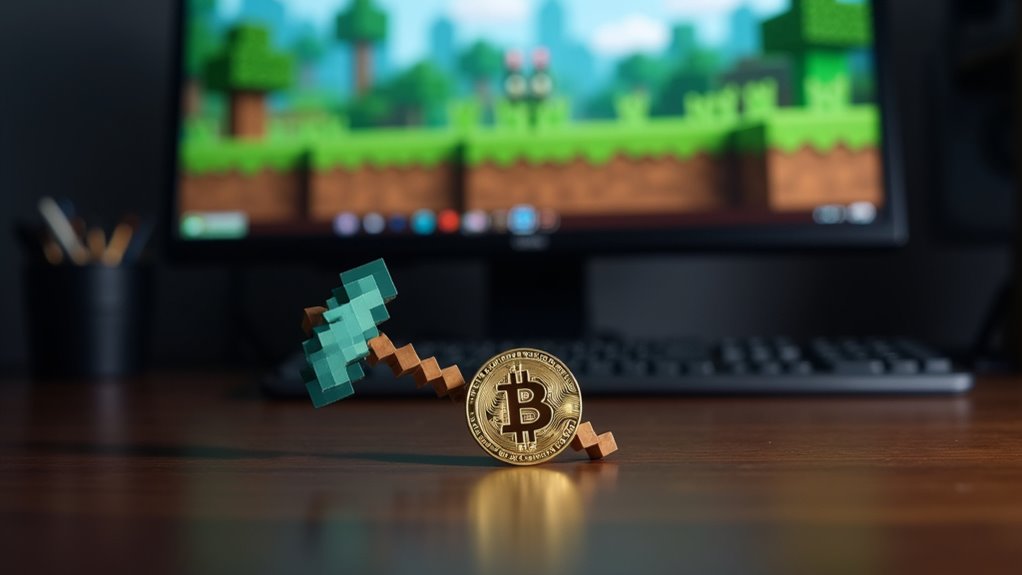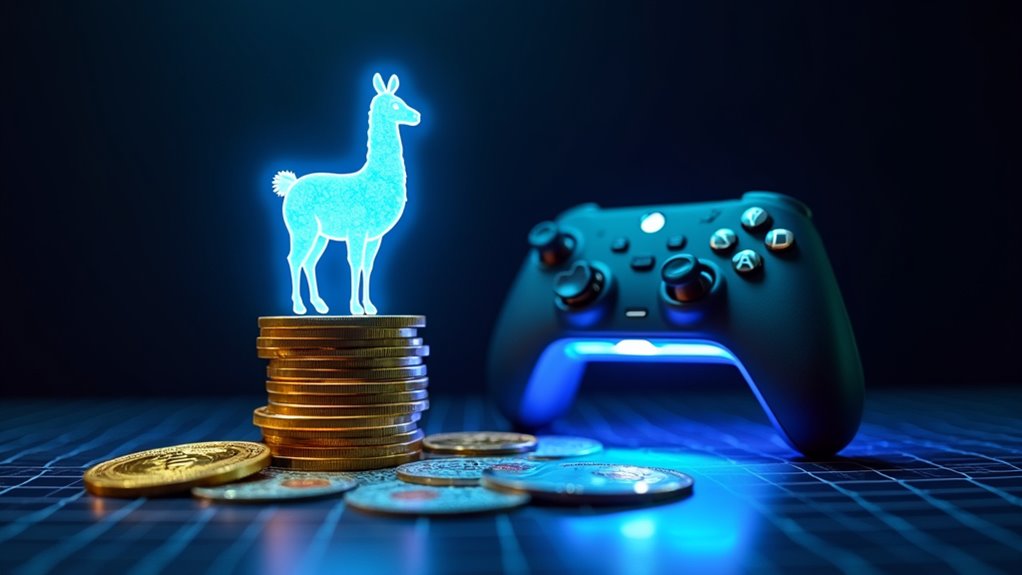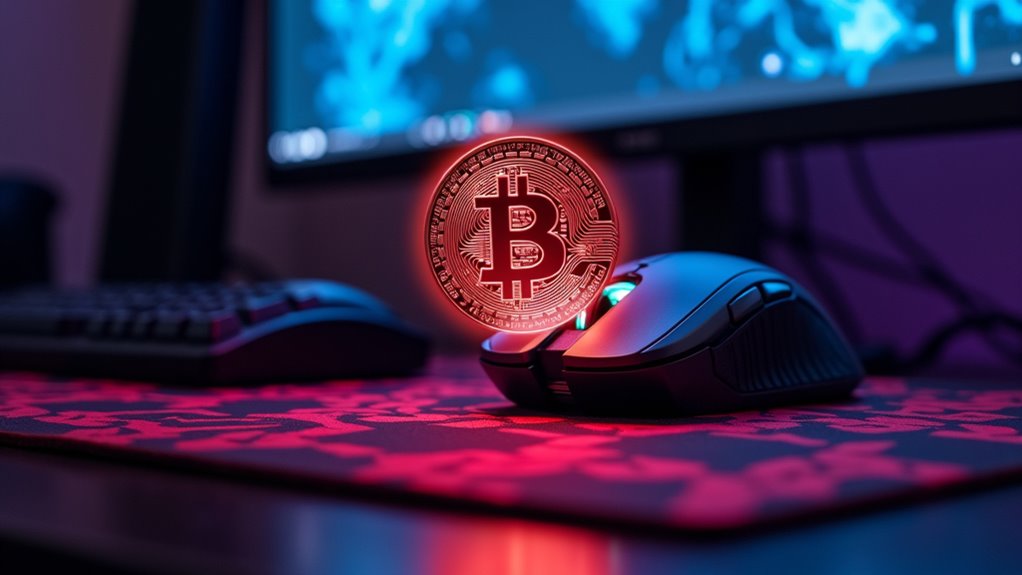Tesla’s Bitcoin payment experiment was brief but historic. In February 2021, the company invested $1.5 billion in Bitcoin and started accepting the cryptocurrency for vehicle purchases. Customers could buy Models 3, S, and other Tesla vehicles using Bitcoin – a major milestone for crypto adoption. The excitement was short-lived. By May 2021, Tesla reversed course, citing environmental concerns about Bitcoin mining. The rollercoaster saga revealed much about crypto’s complex path to mainstream acceptance.
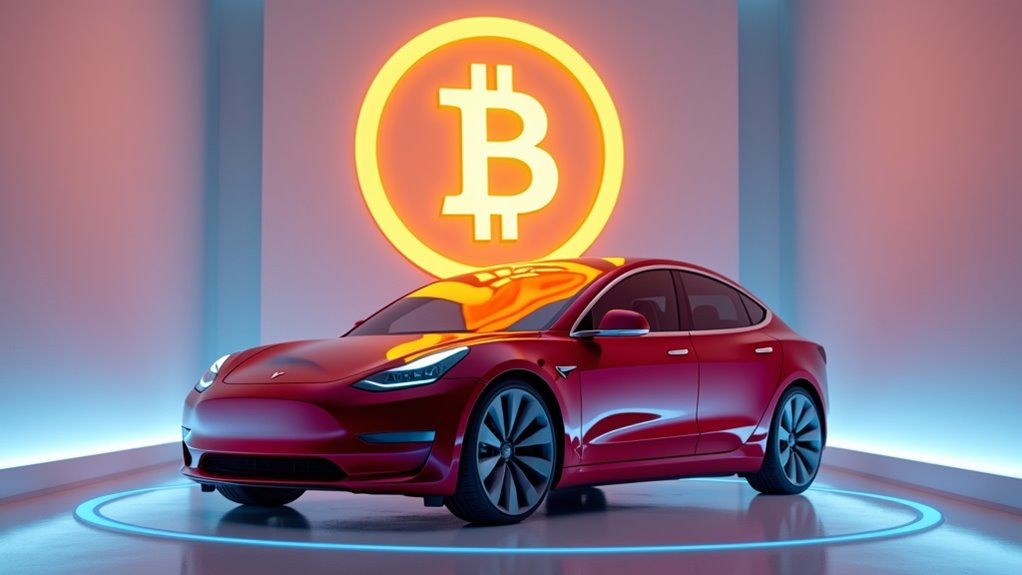
Tesla’s rollercoaster ride with bitcoin payments lasted about as long as a cryptocurrency bull run. In February 2021, the electric car giant dropped a bombshell: a $1.5 billion investment in bitcoin and plans to let customers buy cars with the cryptocurrency. The crypto market went nuts, obviously. Bitcoin’s price shot through the roof as traders realized a major corporation was finally taking digital currency seriously.
Tesla’s bitcoin romance was short but explosive, sending crypto markets into a frenzy with its $1.5 billion investment bombshell.
By March 2021, Tesla made good on its promise. Want a Model 3? Sure, pay with bitcoin. Model S? Same deal. It was a watershed moment for cryptocurrency adoption. Finally, you could buy something substantial – not just digital art or computer games – with bitcoin. The move sent shockwaves through the business world, with many wondering if this was the beginning of a new era in retail transactions. The company’s investment has grown to hold around $2.5 billion in bitcoin assets. This milestone came over a decade after Satoshi Nakamoto’s whitepaper introduced the concept of peer-to-peer electronic cash.
But then came the plot twist. In May 2021, Elon Musk pulled the plug. The reason? Bitcoin mining was burning through electricity like there was no tomorrow. The environmental impact was too much for Tesla’s green image to handle. Crypto enthusiasts weren’t happy, but the decision stuck. Musk made it clear: no more bitcoin payments until miners figured out how to be more eco-friendly. This decision came twelve years after the genesis block launched the Bitcoin network in 2009.
The whole saga highlighted the complex relationship between cryptocurrency adoption and real-world challenges. Regulatory hurdles loomed large, with different countries taking wildly different stances on crypto payments. The U.S. remained characteristically ambivalent, while international markets watched and waited.
The market’s reaction to Tesla’s bitcoin adventure was predictable – massive swings in both directions. When Tesla said yes to bitcoin, prices soared. When they said no, well, let’s just say it wasn’t pretty. The episode proved just how much influence major corporations – and certain billionaire CEOs – have over the crypto market. Tesla’s brief flirtation with bitcoin payments might have ended, but it showed both the potential and pitfalls of mainstream crypto adoption. Sometimes, being first isn’t enough – you also need good timing.
Frequently Asked Questions
How Long Does Tesla Take to Process a Bitcoin Payment?
Bitcoin payment processing at Tesla typically takes between a few minutes to several hours, depending on network conditions and transaction fees. Confirmation requires multiple blockchain validations before Tesla processes the order.
Can I Get a Refund in Bitcoin if I Return My Tesla?
Tesla’s refund policy for returned vehicles allows the company to choose between Bitcoin or U.S. dollars. While refunds in Bitcoin are possible, they’re not guaranteed and may result in financial loss due to price volatility.
Which Bitcoin Wallets Are Compatible With Tesla’s Payment System?
Currently, Tesla does not accept Bitcoin payments. Nonetheless, when they previously did, most standard Bitcoin wallets were compatible, including Ledger, Trezor, Exodus, Electrum, Trust Wallet, and Blockchain.com for transactions.
Does Tesla Accept Other Cryptocurrencies Besides Bitcoin for Vehicle Purchases?
Tesla currently does not accept any cryptocurrency for vehicle purchases. While Dogecoin is accepted for select merchandise in their online shop, no cryptocurrencies are accepted for buying Tesla vehicles as at 2025.
What Happens if Bitcoin’s Value Changes Drastically During the Purchase Process?
During cryptocurrency transactions, drastic price changes can affect the ultimate payment amount. Buyers may need to pay more or receive refunds, depending on the seller’s policies and timing of transaction confirmation.
